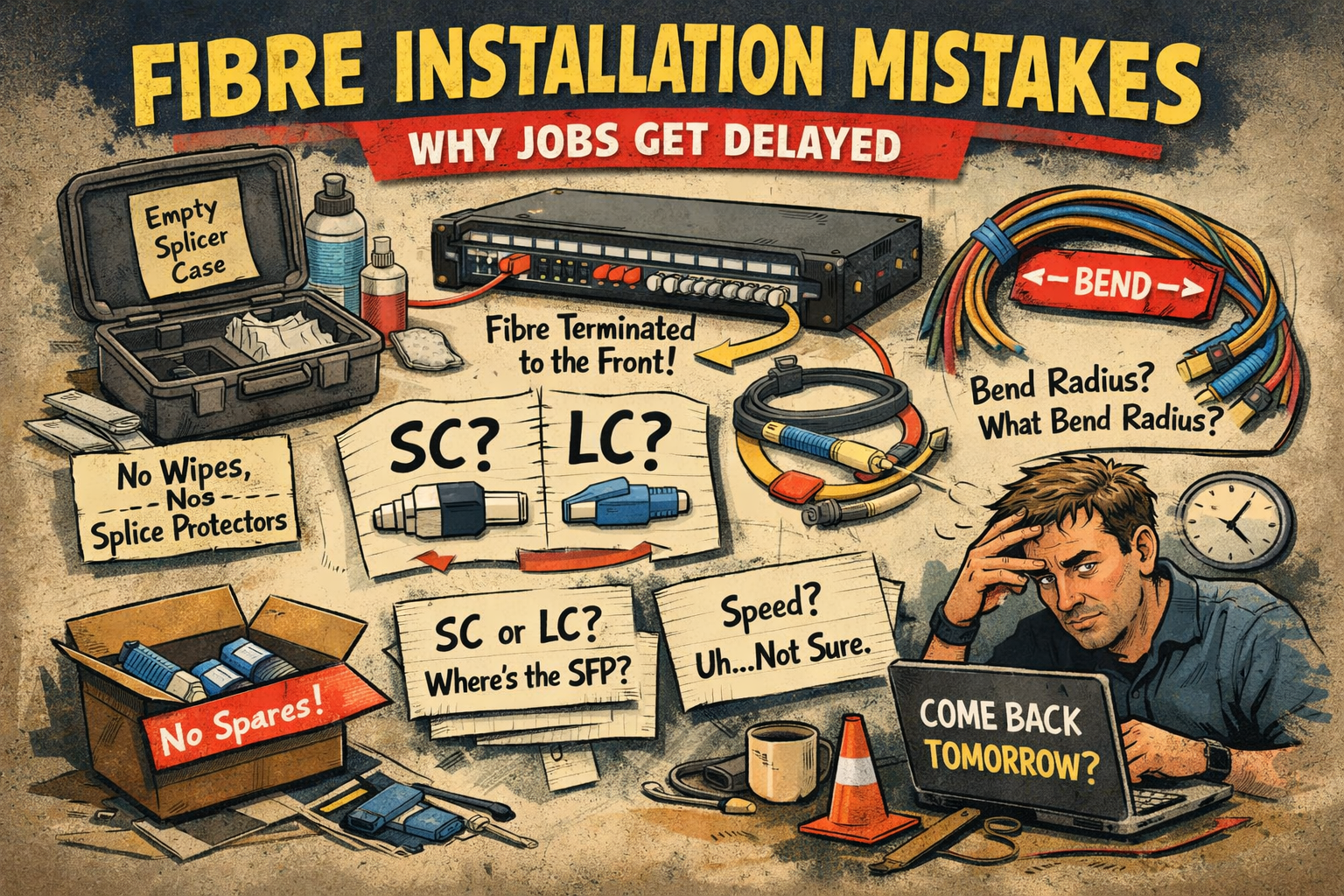
Some people are naturally good in interviews. I’m not one of them. I hated interviews. I had to go through loads before I landed my first job. Since then, I’ve worked in long-term roles and even sat on the other side of the table—interviewing others. Here’s what I’ve learned along the way.
The Application Stage: A Marathon, Not a Sprint
For big companies, getting to a real, face-to-face interview felt like trying to unlock a secret level in a game. The process was often:
- Online aptitude test
- Video interview (you’re talking to your webcam, not a person)
- Phone interview
- Face-to-face
- Assessment centre
- Maybe another interview
Frankly, I don’t know how anyone gets hired with that kind of process. It felt like a hoop-jumping contest more than recruitment.
So, what actually worked for me? In the end, it was the more direct, personal route—sending my CV to local companies and staying active on job sites. That’s how I landed my first real opportunity.
That’s not to say graduate schemes at big-name companies don’t work—they absolutely do for many people. But in my experience, it was the smaller, more straightforward approach that got results.
My First Interview: Baptism by Fire
Fresh out of university, I got an interview through an agency for a manufacturing role in a local engineering firm. It wasn’t a graduate job, but it got me a foot in the door.
While I was working there, an agency reached out to me about a graduate role. The strange part? I never had any direct contact with the company beforehand, so I had no clue what kind of interview I was walking into. I turned up early, dressed smartly in a suit, greeted the receptionist politely, and sat waiting—alone with my thoughts, which, when you’re already nervous, doesn’t exactly help calm the nerves.
The interview started off okay—I’d done my research and gave some decent answers. But then it veered into technical territory and I struggled. Not because I didn’t care, but because I didn’t know what I didn’t know yet.
Assessment Centre Chaos
Let’s be honest: assessment centres make sense for employers. But as a candidate? They’re awkward.
You’re in a room with people you’re effectively competing with, asked to solve problems as a team. Speak up too much and you’re seen as domineering. Stay quiet and you look disinterested.
The setup was:
- Group task around a table
- Observers watching everything
- Judged on teamwork, leadership, and communication
If you’re shy or introverted, it’s not an easy environment to shine in. For me, it just felt forced and unnatural.
Interviews I Was Never Going to Get
I went for a few roles where I didn’t stand much of a chance—jobs with technical requirements or experience I didn’t have. I’d be sitting there being asked about things I barely understood, up against people with PhDs and years in the industry.
Looking back, I wouldn’t totally discourage trying, but unless there’s a clear reason to believe you’re in with a shot, it’s probably not worth wasting the interviewer’s time—or knocking your own confidence.
The Interview That Worked
Finally, a company found my CV online. We had a quick phone chat, then arranged a proper face-to-face interview. No gimmicks.
It felt natural. The interview was about me, my degree, my honours project—and they talked about what they could offer and sold themselves as a company. It was a two-way conversation, not an interrogation. I walked out feeling confident, even if I hadn’t got the job. Luckily, I did.
What I’ve Learned from All of This
- You get better with practice. Interviews are like public speaking: awkward at first, easier with repetition.
- Not all interview formats are fair for everyone. Group tasks can favour loud voices over thoughtful ones.
- Sometimes the ‘normal’ approach works best. A simple conversation can say more than any video interview or aptitude test.
- There’s no shame in not knowing. Being honest about your level and willingness to learn often lands better than trying to blag it.
- Stay proactive. Reaching out directly and applying locally helped me more than anything else.
This is just one person’s experience, but if interviews freak you out—trust me, you’re not alone. You might not feel “good” at them now, but that doesn’t mean you won’t get there. Keep going.
If you are worried about an interview, please reach out to us.



Leave a Reply